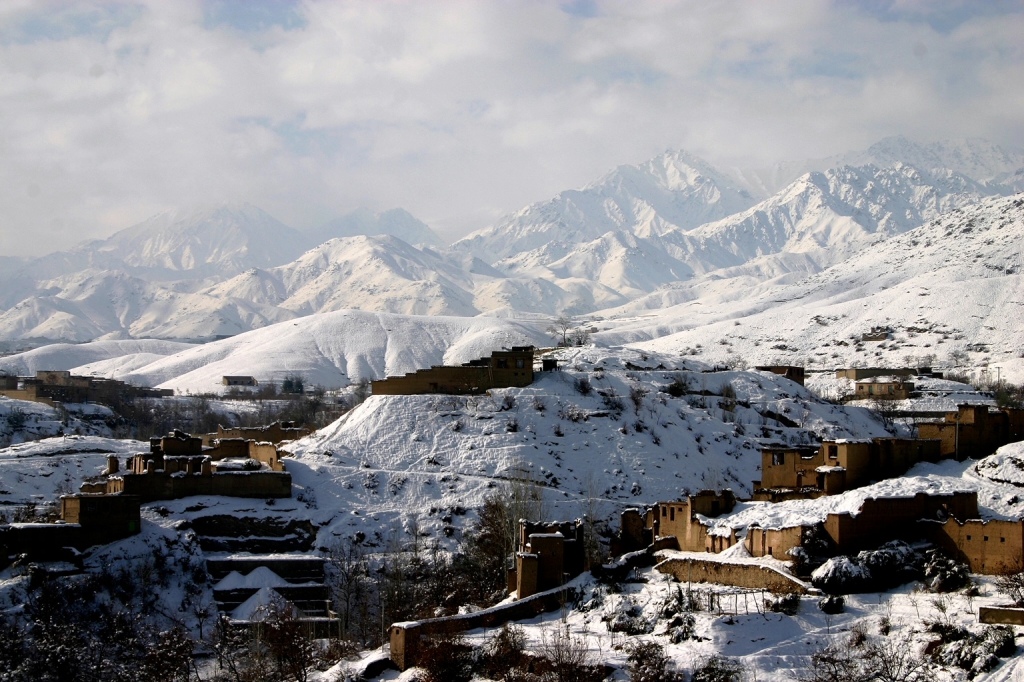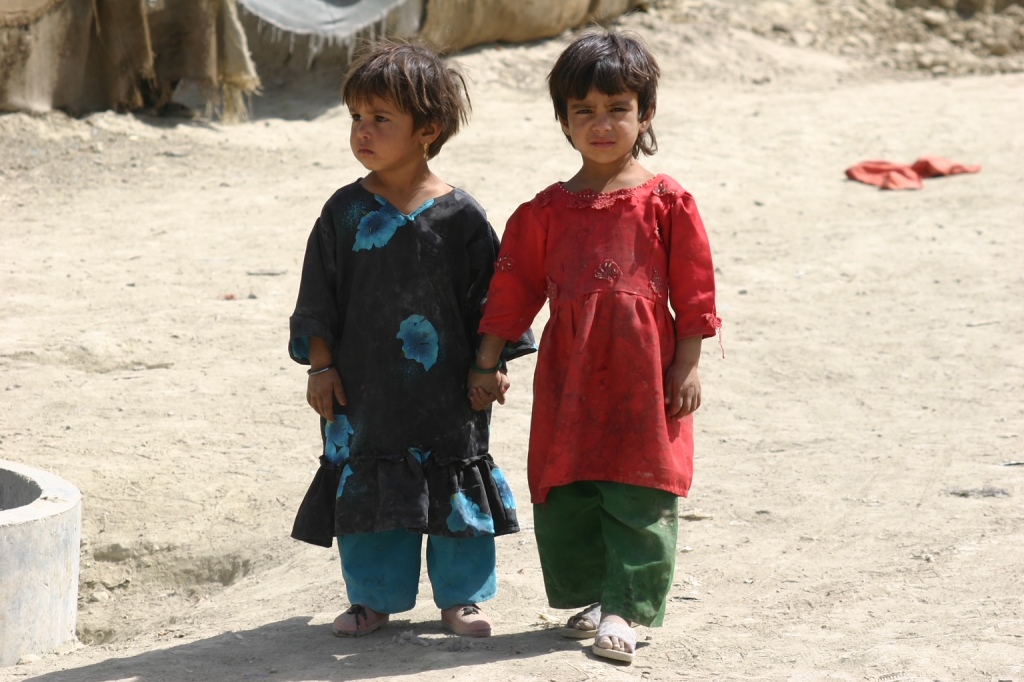Note: I want to write about our next adventure in Nashville, Tennessee, where we landed after Florida, but too much has happened in Afghanistan the past few weeks, so the stories from Music City will have to wait a little.

The first time I landed in Kabul, Afghanistan, was 2004, just after the Taliban had been ousted from the capital. The airport was barely open, freshly remodeled by bombs and bullets. We landed on a runway flanked on both sides by the wreckage of planes. Little grey donkeys pulled wooden luggage carts to the terminal. Large windows in that building faced the tarmac, but they contained no glass. But as each year went by and we returned to continue helping with humanitarian aid efforts, we saw more and more improvements come to Kabul. The airport got window glass, and mechanized belts for luggage and security, computer systems, and speakers for announcements.
The streets of Kabul changed too, from mainly rubble and falling down buildings, to large, chrome and glass high rise wedding halls and shopping centers with escalators. Broad avenues were repaired to accommodate all the traffic of Afghans returning home, ex-pats intent on helping to rebuild, and a coalition of military forces patrolling the streets of the city.
We spent our time helping with distributions at refugee camps, visiting medical clinics and hospitals with foreign doctors, and touring schools to teach lessons or encourage the staff with special luncheons. I could tell a thousand stories about any of this. But here is just one.
Each year I visited Afghanistan I made one stop consistently–Chicken Street. In 2004 this market area was a hodgepodge of dusty wares housed in shops that had somehow weathered the bombings of the city. I remember seeing so many strange things. Fur coats hung in one shop window along that street. They weren’t mink, or rabbit, but more exotic spotted and striped furs I couldn’t place—maybe animals from China, my translator thought. In another shop I bought slippers—palace shoes, my translator explained. They were Afghan red, embroidered with gold thread, and pointed at the toes, like something out of 1001 Arabian Nights.
Next, was an icon on Chicken Street—Rauf’s rug store. Business picked up here over the years, as well, and when I stepped inside in 2007, I was immediately surrounded by stacks of carpets, mostly Afghan red, piled high all along the walls of the store, and on the floors. They were hand woven, I learned, with the tightest warp and woof and the most intricate patterns.

Rauf greeted my friend Wakil with the barrage of pleasantries customary in a country where so many layers of hospitality are interwoven in everyday interactions. The greetings were all in the Dari language, but I knew they were always begun with a wish for peace—Salaam. (It’s ironic that all over this land that is again embedded in violence, people are wishing for peace by just saying hello.)
Rauf asked after Wakil’s health, and Wakil reciprocated. Then, each man asked about the health of every other person connected to each of them—family and friends. (Just stopping by to say hello in Afghanistan can take a while.) And an Afghan would never come straight to the point and begin talking business before firmly reestablishing or establishing a relational connection.
Anyway, once the greetings were finished, we were urged to seat ourselves on the stacks of rugs and a tray of tea was brought out. Small glasses were filled with steaming drinks and a plate of biscuits (the British style, not the Tennessee style) and some candies in shiny foil wrappers came to accompany the tea. We sipped our tea politely, grateful to our hosts.
I sat in a headscarf I was constantly adjusting and made sure my legs were not too exposed. (I was wearing pants and a long dress.) It is a conservative culture, and I was many times teetering on the edge of a faux pas I am sure. My thoughts constantly rehearsed what I had been told: Women should avert their eyes from men. Greetings do not involve touching. Clothing should cover everything but hands, shoes, and the face—sometimes the hair can peek out from the top of the forehead if the scarf slips back, but it should be adjusted for modesty, no matter the situation.
At some point Rauf got the idea that I wanted to buy a rug that was not too big. He began commanding rug after rug to be brought out by black bearded shop men who snapped to obey and trotted into the guts of the store to hoist yet another carpet onto their shoulders. They dramatically unfurled the rug in the middle of the floor just below where I sat.
I felt guilty shopping this way, in this country, where the victims of war and oppression treated me like an honored guest. But it is their custom. And they are among the best hosts.

When I decided on a carpet, the yelling began. It was a ferocious bargaining in an even more wild sounding language. Wakil and Rauf had switched to their mother tongue—Pashto, a language my Pashto friend likens to nails being dropped in a bucket.
The noise of the arguing must have made my face wince. Wakil stopped for a moment and reassured me in an English aside, that he and Rauf were just playing a game and even though it sounded incredibly angry, it was just Pashto.
Still, there were likely threats of shame on Rauf’s family for selling a rug for more than it’s worth. And there were equally likely threats of shame for Wakil putting a poor rug dealer out of business.
In the end I came home with a modest-size Afghan rug, mostly black rather than red. I hope I paid a fair price. I’m sitting on it now as I sit in my office desk chair typing this. And whenever I step on it in this room, or vacuum it, or watch my daughter’s cat stretch out on it in the shaft of sunlight that comes through the office window, I think of Rauf, and of Wakil, and of all the Afghans I met over the past 20 years. I hope they can hold on again, like they did before. And I hope they have a rug, too, or at least one thing, one tea glass, one headscarf, or one shalwar kameez, to remind them of their place, and maybe better times that may yet come again.
“The world lives in hope.”
Afghan Proverb
I don’t know why I never realized you had spent time in Afghanistan. Guess I was too busy with adventures of my own. Thank you for sharing your story. Lifting up prayers for the Afghan people.
LikeLike
I was in Kabul in 2007 too, and spent a lot of time with Wakil too. I was an Army officer, though, and we were forbidden from going to Chicken Street to shop. We had a nice bazaar at Camp Eggers, where I lived and worked, every Friday. Wakil just brought me a new red Afghan rug from Kabul about a month ago. It’s now in a place of prominence under our dining room table. Thanks for sharing your story!
LikeLike
That’s a much more special rug now that Kabul may not be a destination for most people for awhile.
LikeLike